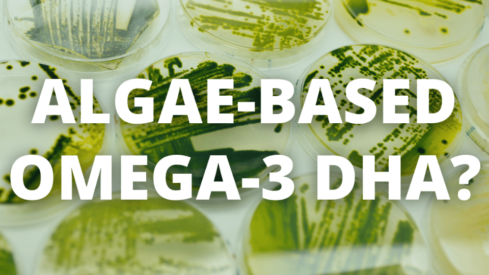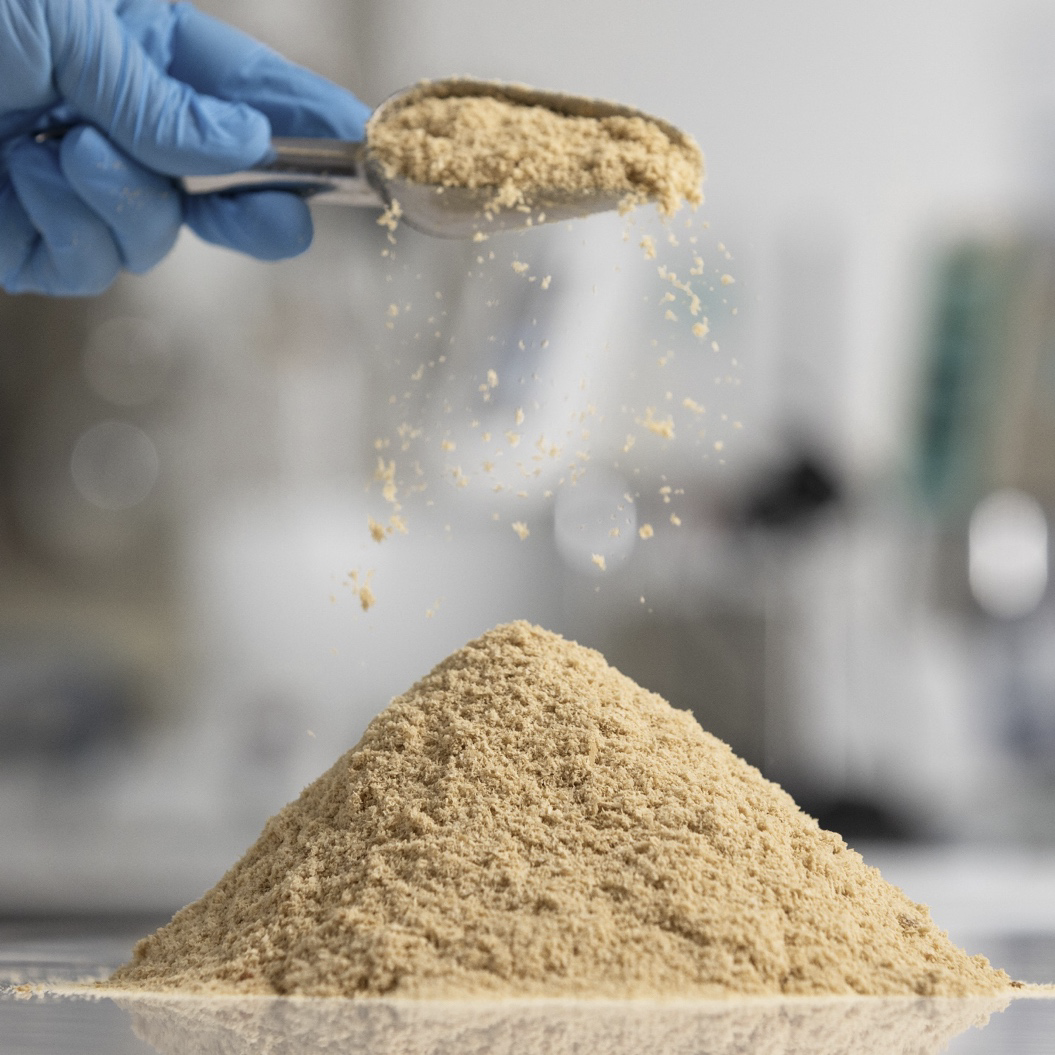Microalgae is the answer to more sustainable pet food

There’s a clear shift in how pet parents are approaching nutrition – they’re becoming more knowledgeable, emphasizing both health and environmental consciousness.
Nowadays, most pet parents prioritize purchasing pet food with high-quality ingredients, health benefits and nutritional guarantees for their companions. In fact, according to a recent study conducted by Yummypets Explorer for Corbion, over 85% of pet owners across the EU and the US rank the health benefits of pet food as important or very important when making a purchasing decision.
Further, more than 85% of European and North American pet parents read the ingredient list when choosing pet food. And while cat and dog owners still look to their veterinarian’s advice first when selecting pet food, they consult claims printed on packaging shortly afterward.
The global surge in pet ownership has been evident over the past several years, however it’s accompanied by growing environmental concerns. An article from Forbes shared that nearly 70% of pet owners around the world have expressed concern about climate change and are actively making more mindful decisions that have a positive impact on the environment.
Nutritious value without straining the environment
This growing number of pet-owning households poses a new challenge to the pet industry: How to deliver nutritious value without straining the environment?
Omega-3 is a critical focus, with Yummypets Explorer study highlighting it as a highly sought ingredient by nearly 70% of pet parents in America and Europe. This is due to its multitude of health benefits – from improving cognitive functions and cardiovascular health to promoting healthier skin and fur. However, sourcing omega-3 remains a hurdle for pet food brands.
The most common source of omega-3, fish oil, is a limited natural resource. With 90% of the world’s marine fish stocks either being fully exploited, overexploited, or depleted, it’s clear that the pet food sector must innovate beyond marine resources to provide this essential nutrition to pets.
Enter the solution: Microalgae
Algae-based omega-3 DHA is the new, sustainable, and responsible way to provide pets with high quality active nutrition. Corbion’s all-new AlgaPrime™ DHA P3 ingredient transforms microalgae and sugar cane into sustainable, high-quality omega-3 DHA through precision fermentation, advancing diets, and delivering flexibility to pet food manufacturers without impacting the ocean and with a low carbon footprint.
AlgaPrime™ DHA P3 is the algae-based biomass with the highest concentration of DHA on the market – 35%. Suitable for different applications as dry, wet, injection molding and more, AlgaPrime™ DHA P3 advances nutrition with the most sustainable ingredients directly from the original source.
With the new AlgaPrime™ DHA P3, adding omega-3 DHA into pets’ diets is easier than ever:
- Cut the middle fish: Go straight to the natural source and enjoy all the health benefits of algae-based omega-3 DHA
- Better for the planet: Zero impact on the ocean and a positive impact on your carbon footprint
- Easy-to-use: Highly concentrated biomass powder means it’s suitable for multiple applications
Learn more about how your product can benefit from sustainable, nutritious algae-based omega-3 DHA at Corbion Algae ingredients – sustainable solutions for pet food

